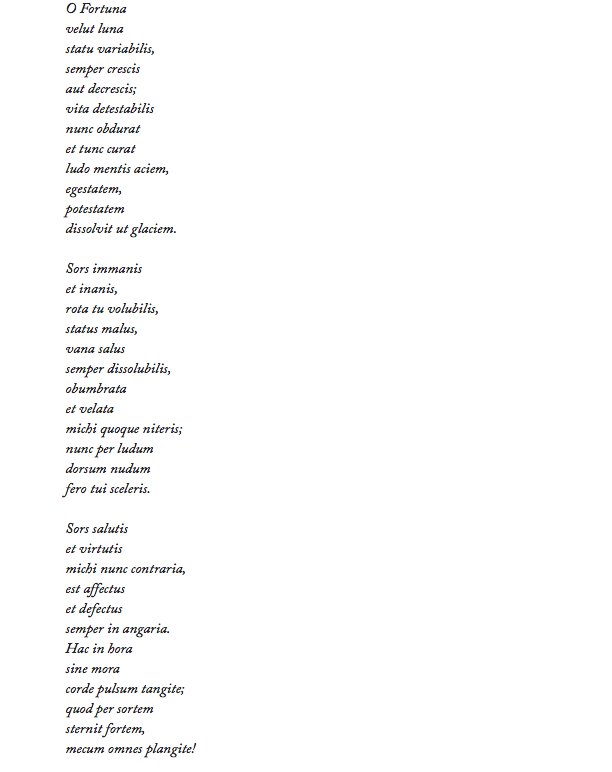The Roman Goddess Fortuna is depicted holding a cornucopia. The cornucopia signifies that she is the provider of abundance. The Greek Goddess Athena leaves towards the left, head down to avoid Blind Fortuna behind her. Beneath her lies the wreckage of Blind Fortuna. Pianted beautifully by Polish artist Kuntz Konicz in 1754, now at the Warsaw National Museum in Poland.
The ancient mythos of Fortuna was born in classical antiquity under different names to different cultures, to ascribe the seemingly capricious “cruelty” of the natural vicissitudes of life and death… as easily as we are “blessed” with “fortune” are we “cursed” by “misfortunes”. The goddess representing Fortuna therefore is often depicted blind, as though she bestows and removes fortune on mortals without discretion or prejudice. The joys of love and fecundity and abundance are counter-balanced with death and loss and poverty. There is no pleading with a blindfolded goddess for mercy or luck or even for vengeance. Each mortal will feel her arbitrary caresses in their lives.
Listen to the sumptuous Carmina Burana - I. O Fortuna (w/ English subtitles)
This scenic cantata composed by Carl Orff in 1935/36, based on 24 medieval poems in Latin:
(Carmina Burana: Cantiones profanæ cantoribus et choris cantandæ comitantibus instrumentis atque imaginibus magicis)
The goddess Fortuna (or perhaps Venus of Pompeii) and two lucky snakes protect a naked youth squatting to poo. CACATOR CAVE MALUM means “man doing a poo, beware evil!” From the National Archaeological Museum in Naples.
Burning inside with violent anger
bitterly I speak my heart
Created from matter of the ashes of the elements
I’m like a leaf played with by the winds.
Estuans interius ira vehementi
in amaritudine loquor mee menti factus
de materia cinis elementi similis sum
folio de quo ludunt venti
In my heart
there are many sighs for your beauty,
which wound me sorely
Circa mea pectora multa sunt suspiria
de tua pulchritudine, que me ledunt misere
The noble woods are burgeoning
with flowers and leaves,
Where is the lover I knew?
Floret silva nobilis floribus et foliis.
Ubi est antiquus meus amicus?
“The wise person is still not harmed by the storms of life— poverty, pain, and the rest. For not all his works are hindered but only those that pertain to others. He is himself, always, in his actions, and in the doing of them he is greatest when opposed by fortune. For it is then that he does the business of wisdom itself, which as we just said is his own good as well as that of others.” Seneca (Letters 85.37)






